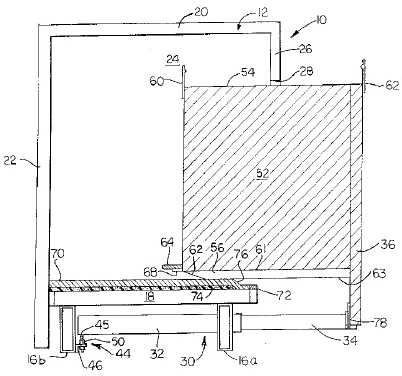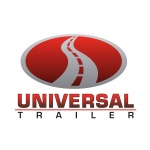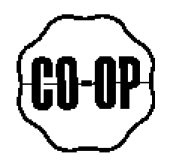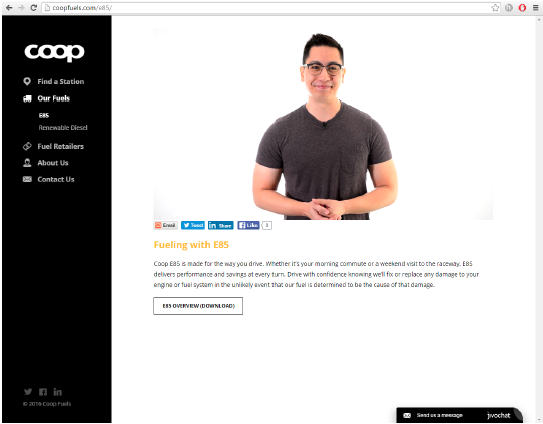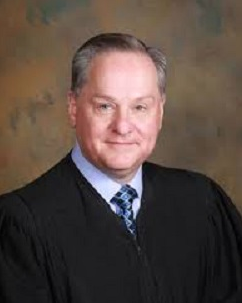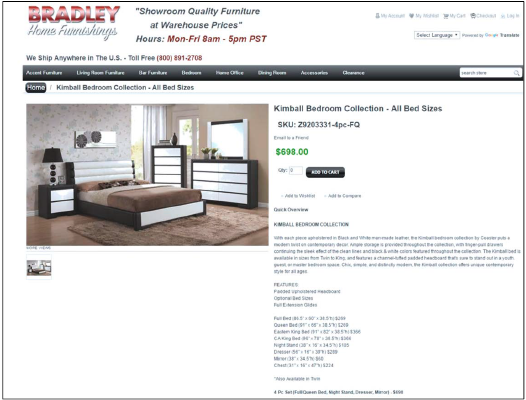Indianapolis, Indiana – Photographer Richard Bell of McCordsville, Indiana, who is also both the filing attorney and Plaintiff, filed two new lawsuits in the Southern District of Indiana alleging infringement of two of his copyrighted photos, “Indianapolis Night Photo” and “Indianapolis Photo.” Bell states in his complaint that both photos have been registered with the U.S. Copyright Office under Registration No. VA0001785115.

Defendant in the first lawsuit, TeamSoft, Inc. of Middleton, Wisconsin is accused of infringing Bell’s “Indianapolis Night Photo,” while Defendant in the second lawsuit, Michael Patrick of Indianapolis, Indiana, has been accused of infringing Bell’s “Indianapolis Photo.”
The two federal complaints, which are similar to each other as well as to the previous copyright infringement lawsuits filed by Bell, each list a single count: copyright infringement and unfair competition. Both Defendants are accused of “willfully and deliberately” engaging in copyright infringement “with oppression, fraud, and malice.”
Bell seeks injunctive relief along with statutory damages, costs and attorney’s fees.
Practice Tip: We have blogged in the past about Bell’s prolific litigation. See:
• District Court Terminates Copyright Suit Over Photo; Plaintiff Appeals
• Remaining Copyright Defendants in Bell Lawsuit to be Dismissed
• Attorney/Photographer Sues Georgia Real Estate Company for Infringing Copyrighted Photo
• Sovereign Immunity May Take a Toll on Bell’s Latest Copyright Lawsuit
• Appellate Court Dismisses Copyright Appeal as Premature
• Bell Rings in the Holiday Weekend with a New Copyright Lawsuit
• Bell Files New Copyright Infringement Lawsuit
• Bell Sues Georgia-Based FindTicketsFast.com for Copyright Infringement
• Richard Bell Files Two New Copyright Infringement Lawsuits
• Court Prevents Copyright Plaintiff Bell from Outmaneuvering Legal System; Orders Bell to Pay Almost $34,000 in Fees and Costs
• Three Default Judgments of $2,500 Ordered for Copyright Infringement
• Court Orders Severance of Misjoined Copyright Infringement Complaint




